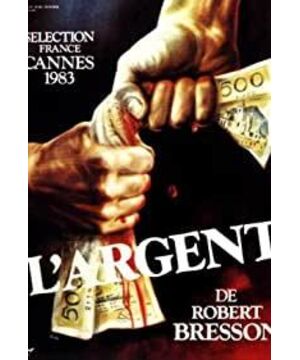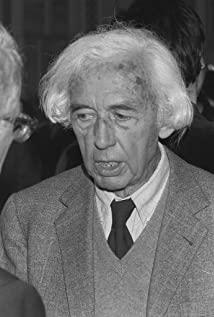Qian, watching the complete film, the first feeling is the charm of polyphonic narrative, the progress and unity of the three narrative perspectives, like the different parts of a symphony, the high and middle bass, full of vitality and fun, of course the rigidity of the actor's performance and the rhythm of the editing Jumping can cause a certain dyslexia, but it is still so full of charm, polyphonic narrative, the use of empty mirrors in narrative paragraphs, and the natural evil of human nature in the film, it makes me want to stop, it is too exciting.
Let me talk about polyphonic narrative. I first heard about this, and it didn’t take long. I accidentally read some of Bakhtin’s articles about Dostoevsky and found that the story can be said in this way, but in fact it has always been in the cloud. , Of course it may be the same now.
The story has three perspectives. The first group is two teenagers who plan to spend counterfeit money, the second is the protagonist Yvonne, and the third group is a photo shop clerk and accomplice who do perjury robbery. The first part of the three stories are narrated in parallel, and slowly, the two teenagers in the first group are regarded as the introduction to the whole story. Later, due to the perjury of the shop assistants in the third group, the protagonist turns from a good husband who is kind and caring for the family. He became a minor offender who sold counterfeit money, then became a felon who participated in robbery, and finally became a murderer who was on death row. However, the whole process, the society and external environment that turned him into such a shape step by step is still operating, and the world is indifferent and indifferent. The absurdity of the social environment and the evil flower of human nature's pursuit of benefits are the essential root causes of all this.
At the end of the film, it is unavoidable to think that money and interests may really be the original sin and nature of human beings. The balance between the nature of greed and the moral and legal constraints may be the benchmark rule for social stability. Once there is an existence that disrupts this balance, the original Morality and society will collapse, leading to crimes and even wars, until they are repaired again, reaching a new balance, a new stable and balanced social structure relationship. This balance may be moral, or it may be a new legal rule, but it is undeniable that it has an extremely strong ability to repair and rebuild, and the time may be ten or hundreds of years.
As for the empty shots and concise picture content of many narrative paragraphs, the whole film is also full of a unique sense of rhythm. But at present, the personal ability is limited, and it is not possible to judge superior or inferior. I only feel that it is somewhat similar to Ozu Yasujiro's empty shot, but it is also very different. If someone is willing to discuss together, they will listen respectfully and seek common ground while reserving differences.
It is also worth mentioning that this film also has a very classic line, "If I have money, I will be a good person". This line in "Parasite" and "Money" is very similar.
If winning or losing is determined by the aftertaste, this is undoubtedly a story full of aftertaste. For me personally, this is a film that can be taught for many years, tribute.
Personal feelings, if you don’t agree with your wishes, please bear with me
View more about L'Argent reviews







